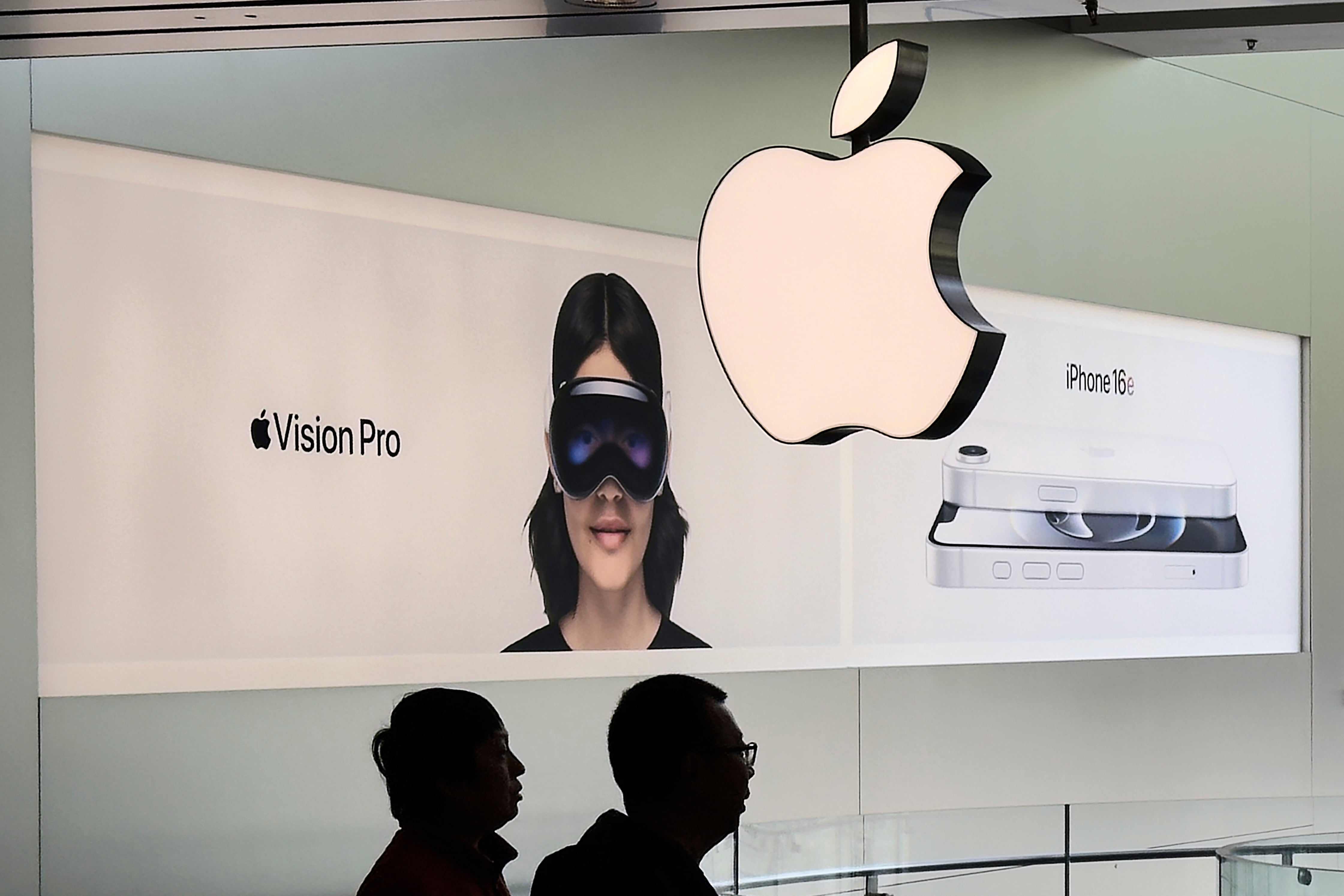Petco has announced that it will no longer sell "shock" collars as part of an ongoing effort to reprioritize animal health and wellness.
"Our relationship with our pets is changing," CEO Ron Coughlin told Cheddar. "We see more pets going into the household having training needs, and it just didn't align with our mission of improving lives for pets and pet parents to continue to sell these shock collars that create fear, anxiety, aggression, etc."
The company surveyed 1,000 pet parents and found that 70 percent feel shock collars negatively impact their pet's wellbeing.
Coughlin said the Petco's new direction started about two years ago when it removed all artificial ingredients and colors from its food products.
"It was a $100 million dollar bet," he said. "That bet worked in terms of the relationship we have with our customers, but it also worked from a business standpoint. It really brought back the soul of the company."
Since then, Petco has made strides to rebrand itself as more of a health and wellness company along the line of a pharmacy or health-food chain.
"Think about us as a CVS and a Whole Foods of the pet space," Coughlin said.
Shock collars, which pet owners sometimes use for training or fencing purposes, did not fit with these new priorities, he added.
"That's really why we made the decision today," he said. "Electricity belongs in your microwave, but it does not belong in your pet."
In addition to refining its product offerings, Petco is offering vet care services at its stores. The chain has added 100 veterinary clinics since last year and plans to add another 40 before the end of the year. The company's goal is to eventually put up 800 clinics.
"What's significant about that is 70 percent of pets don't get the vet care they need because of affordability," Coughlin said. "We're driving an affordable vet care concept into our stores, and it's really resonating for customers."












